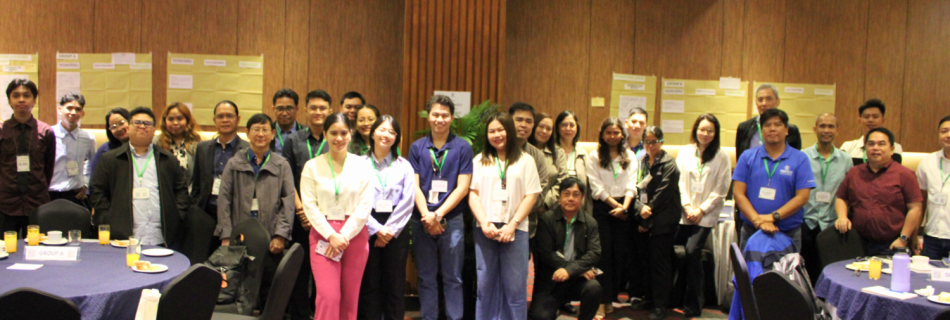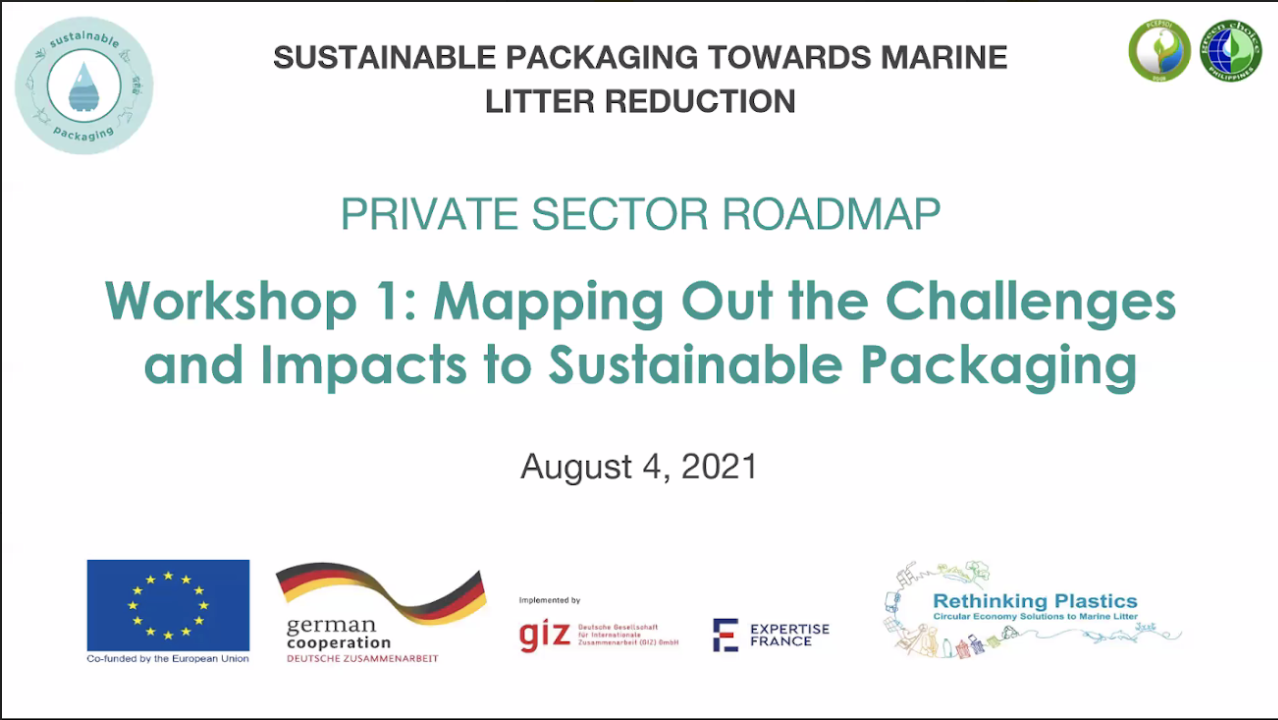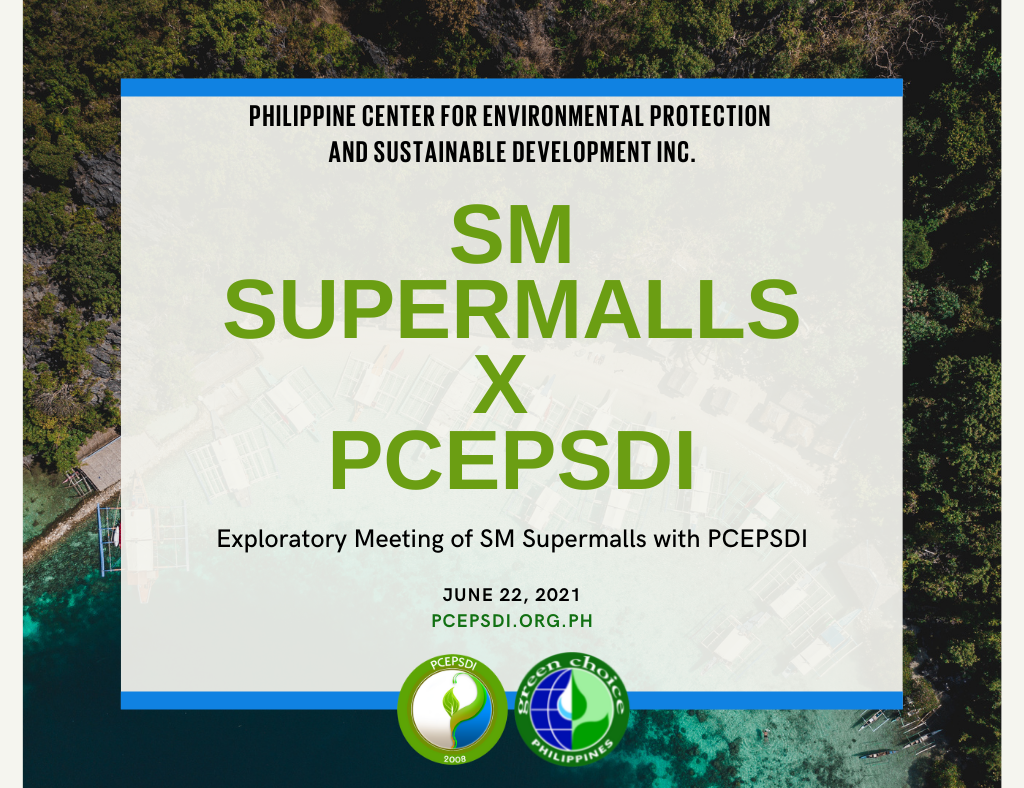Advancing Sustainable Infrastructure: Stakeholder Consultation on the Green Choice Philippines Steel Criteria
As part of its ongoing commitment to environmental sustainability, climate action, and green innovation, the National Ecolabelling Programme – Green Choice Philippines (NELP-GCP) successfully conducted a Stakeholder Consultation Meeting on July 17, 2025, focused on the development of ecolabelling criteria for steel products under the NELP-GCP framework. This initiative forms a critical component of the EcoAdvance Project, jointly implemented by the United Nations Environment Programme (UNEP), GIZ, and the Öko-Institut, with financial support from the German Federal Ministry for the Environment, Nature Conservation, Nuclear Safety and Consumer Protection (BMUV) through the International Climate Initiative (IKI). The EcoAdvance Project seeks to enhance national climate mitigation strategies by promoting the application of Type I Ecolabelling based on ISO 14024 and institutionalizing Sustainable Public Procurement (SPP) systems. Targeting the building and construction sector—a major contributor to greenhouse gas emissions and resource consumption—the project strategically addresses critical dimensions such as resource efficiency, emissions reduction, and biodiversity conservation, aligned with the Philippines’ Nationally Determined Contributions (NDCs), particularly within the Industrial Processes and Product Use (IPPU) sector. Development of Steel Criteria: Toward Low-Carbon and Sustainable Construction Materials One of the key deliverables of the EcoAdvance Project is the formulation of Green Choice Philippines Ecolabelling Criteria for Steel Products. This standards development initiative aims to establish comprehensive and verifiable technical requirements that reflect best environmental practices and promote sustainable transformation within the steel industry. The initial draft criteria, developed by a Technical Committee, incorporates essential sustainability performance indicators, including: Carbon dioxide emissions intensity reduction Material and energy resource efficiency Environmental and climate impact mitigation Biodiversity management and land use considerations Occupational health and safety compliance Responsible chemical and hazardous substance use Multi-Stakeholder Collaboration To ensure scientific rigor, policy coherence, and market relevance, the consultation gathered a wide array of stakeholders from across sectors: Steel manufacturers and product fabricators National government agencies and procurement bodies Construction and infrastructure developers Engineering and architectural professional organizations Academic and research institutions focused on materials science and sustainability Environmental NGOs and civil society representatives Certification, testing, and standard-setting bodies The technical feedback, comments, and recommendations provided during the consultation will inform the refinement of the criteria, ensuring it is credible, inclusive, and aligned with national policy frameworks and international best practices. Ultimately, the finalized criteria aim to support the Philippine steel sector’s transition toward low-carbon, resource-efficient, and climate-resilient production and consumption systems. About NELP-GCP: The National Ecolabelling Programme – Green Choice Philippines (NELP-GCP) is a voluntary, multi-criteria, third-party ecolabelling system grounded in ISO 14024: Environmental Labels and Declarations – Type I. Administered by the Philippine Center for Environmental Protection and Sustainable Development Inc. (PCEPSDI) since 2008, NELP-GCP advances the country’s sustainability agenda by promoting environmentally preferable products and services and enabling green market transformation. It is fully aligned with Sustainable Development Goal (SDG) 12: Responsible Consumption and Production. To learn more about the Green Choice Philippines Programme and its initiatives, Click Here.





